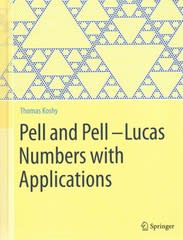Question
1. We use ( confidence intervals / hypothesis tests ) to estimate the value of the population parameter. A) hypothesis tests B) confidence intervals 2.
1. We use ( confidence intervals / hypothesis tests ) to estimate the value of the population parameter.
A) hypothesis tests
B) confidence intervals
2. Researchers must use ( random sampling / random assignment ) in a randomized experiment.
A) random sampling
B) random assignment
3. Association ( does / does not ) justify causation.
A) does
B) does not
4. There cannot be causation without ( confounding variables / association ).
A) association
B) confounding variables
5. Random assignment helps eliminate ( biases / confounding variables).
A) confounding variables
B) biases
6. Random sampling helps eliminate ( biases / confounding variables).
A) confounding variables
B) biases
7.The following describes a(n) (experimental / observational) study.
Researchers at the University of Massachusetts investigated the effects of two different weight training regimes in children by recruiting 43 young volunteers from the YMCA after-school program. The children were randomly assigned to one of three different weight training regimes. Improvements in muscular strength were measured for all groups.
A) observational
B) experimental
8. The following describes a(n) (experimental / observational) study.
To assess the association between mercury dental fillings (known as amalgams) and Multiple Sclerosis (MS), investigators select 200 subjects with MS and 200 subjects without MS and interview each about amalgams received since childhood. The proportion with amalgams is compared between the MS and No MS groups.
A) experimental
B) observational
Step by Step Solution
There are 3 Steps involved in it
Step: 1

Get Instant Access to Expert-Tailored Solutions
See step-by-step solutions with expert insights and AI powered tools for academic success
Step: 2

Step: 3

Ace Your Homework with AI
Get the answers you need in no time with our AI-driven, step-by-step assistance
Get Started


